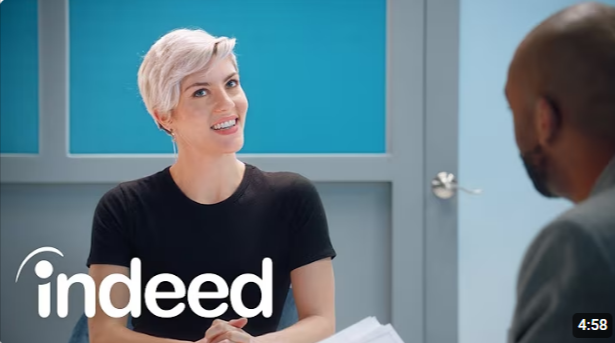Interview Preparation
Welcome to TheSkillio’s Interview Preparation! Interviews can be nerve-wrecking, but preparation is key. One of the best ways to feel confident is by familiarizing yourself with common interview questions and practicing how to answer them effectively. Understanding the reasoning behind these questions can also help you tailor your responses to make a strong impression.
Common Interview Questions and How to Answer Them
Tell Me About Yourself
Purpose: To learn about your background, skills, and relevance to the position.
How to Answer: Focus on your professional journey, highlight key achievements, and link your experience to the job you're applying for.
Example: "I have a background in marketing with 5 years of experience in creating data-driven campaigns. In my last role, I increased customer engagement by 30%. I’m excited to bring this expertise to your team."
What Are Your Weaknesses?
Purpose: To see if you're self-aware and working on self-improvement.
How to Answer: Mention a genuine weakness but show how you’re addressing it.
Example: "I sometimes get too focused on small details, but I’ve learned to prioritize tasks better by using project management tools."
What Are Your Strengths?
Purpose: To assess your self-awareness and alignment with the role.
How to Answer: Share strengths relevant to the job and back them up with examples.
Example: "One of my key strengths is problem-solving. For instance, when my team faced a supply chain issue last year, I devised a contingency plan that reduced delays by 20%."
Why Should We Hire You?
Purpose: To understand what sets you apart from other candidates.
How to Answer: Highlight how your skills, experience, and enthusiasm make you a perfect fit.
Example: "I bring a unique combination of technical expertise and creativity. My previous projects have consistently delivered above-target results, and I’m passionate about contributing to innovative solutions at your company."
Body Language and Non-Verbal Cues in Interviews
Your body language speaks volumes in an interview. Posture, facial expressions, and gestures greatly influence how interviewers perceive you. Mastering these cues helps you come across as confident, professional, and engaged.
Posture
Sit up straight with your back against the chair to convey confidence. Avoid slouching, which can suggest disinterest or nervousness.
Eye Contact
Maintain steady eye contact to build trust and demonstrate confidence.
Facial Expressions
Smile when appropriate to appear approachable and enthusiastic. Avoid frowning or looking overly serious, as it can signal discomfort or disapproval.
Gestures
Use open hand gestures to emphasize points during the conversation. Avoid crossing your arms, as it can seem defensive.
Tone of Voice
Maintain a steady and clear tone of voice. Avoid speaking too quickly, as it may indicate nervousness, or too slowly, as it may signal disinterest.

Tips to Practice Non-Verbal Cues
- Conduct mock interviews with a friend or mentor and request feedback on your body language.
- Record yourself to observe and refine your gestures, expressions, and posture.
- Use deep-breathing techniques to manage nervousness and maintain calm, confident body language.
Master Your Next Interview: Expert Tips and Tricks
Learn how to ace your interviews with confidence! Watch this expert guide on preparation, answering questions, and making a lasting impression.

Don’t wait for opportunities to come to you—create them!
Dive deeper into expert resources tailored to your path. Whether you’re ready to plan, learn, or actively job search, explore the next tools and insights to keep moving toward success!